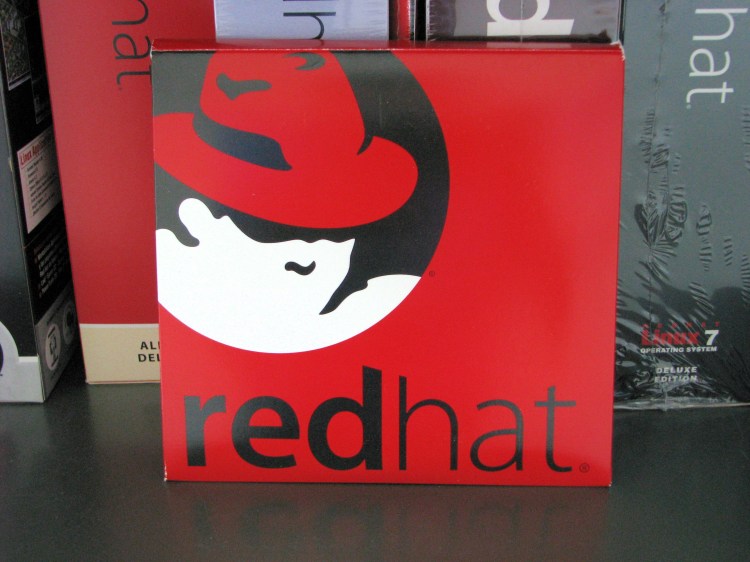Publicly traded enterprise software company Red Hat has acquired devops software startup Ansible for more than $100 million, VentureBeat has learned.
Red Hat will announce the news as soon as tomorrow, a source familiar with the matter told VentureBeat.
Update (5:52 a.m. PST, October 16): Red Hat today formally announced the acquisition in a statement released several hours after this article was published. Red Hat did not disclose the terms of the deal but did note in the statement that “management expects GAAP operating expense to increase for fiscal 2016 by approximately $5 million, or ($0.02) per share, in the third quarter and approximately $6 million, or ($0.02) per share, in the fourth quarter as a result of the transaction.”
Ansible cofounder and chief executive Saïd Ziouani spent a decade at Red Hat as a vice president of sales and business development. Todd Barr, Ansible’s senior vice president of sales and marketing, is also a Red Hat veteran.
Representatives of Red Hat and Ansible did not immediately respond to requests for comment.
Red Hat, which sells distributions of Linux, among other things, has a reputation as a successful open-source company. Buying Ansible — one of four major providers of at least partly open-source devops tools — makes sense, because it can add to Red Hat’s line of offerings. Plus, Ansible already integrates with Red Hat’s OpenShift, OpenStack, and Red Hat Enterprise Linux software.
Written mostly in Python, Ansible’s open-source software has gained popularity, but the startup also offers premium Tower software and consulting services. The software allows developers to more easily set up and manage IT infrastructure for applications at scale. For instance, Ansible can speed up the rollout of OpenStack Ceph storage software across companies’ data center infrastructure, according to a recent blog post from Red Hat.
“We see in Ansible a perfect alignment with the core principles that shape Red Hat’s management, both at the product level and at the portfolio level,” Red Hat said on a frequently asked questions (FAQ) page about the acquisition. “At the product level, Ansible matches Red Hat’s desire to deliver a frictionless design and a modular architecture through open development. At the portfolio level, Ansible matches Red Hat’s desire to support a multi-tier architecture, provide multi-layer consistency, and deliver multi-vendor support.”
Ansible is younger and less popular than well-funded Puppet and Chef. Another devops contender is SaltStack.
Ansible started in 2013 and is based in Durham, North Carolina — right near Red Hat’s Raleigh headquarters.
Ansible had 50 employees and more than 500 customers, Red Hat said in the FAQ document. Customers include Atlassian, Cisco, Cloud Physics, Evernote, Hootsuite, Juniper, Twitter, and Red Hat. Ansible announced a $6 million funding round with backing from Menlo Ventures in August 2013. Other investors include e.ventures.
Recent Red Hat acquisitions include eNovance, FeedHenry, and Inktank.
Red Hat fully intends to provide Ansible customers with support and service.
“With Red Hat’s long history of successfully guiding open source communities for the benefit of all members, the Ansible community can feel confident in a continuation of the vital vibrant ecosystem Ansible, Inc. has built well into the future,” Red Hat said in the FAQ document.
VentureBeat's mission is to be a digital town square for technical decision-makers to gain knowledge about transformative enterprise technology and transact. Learn More

